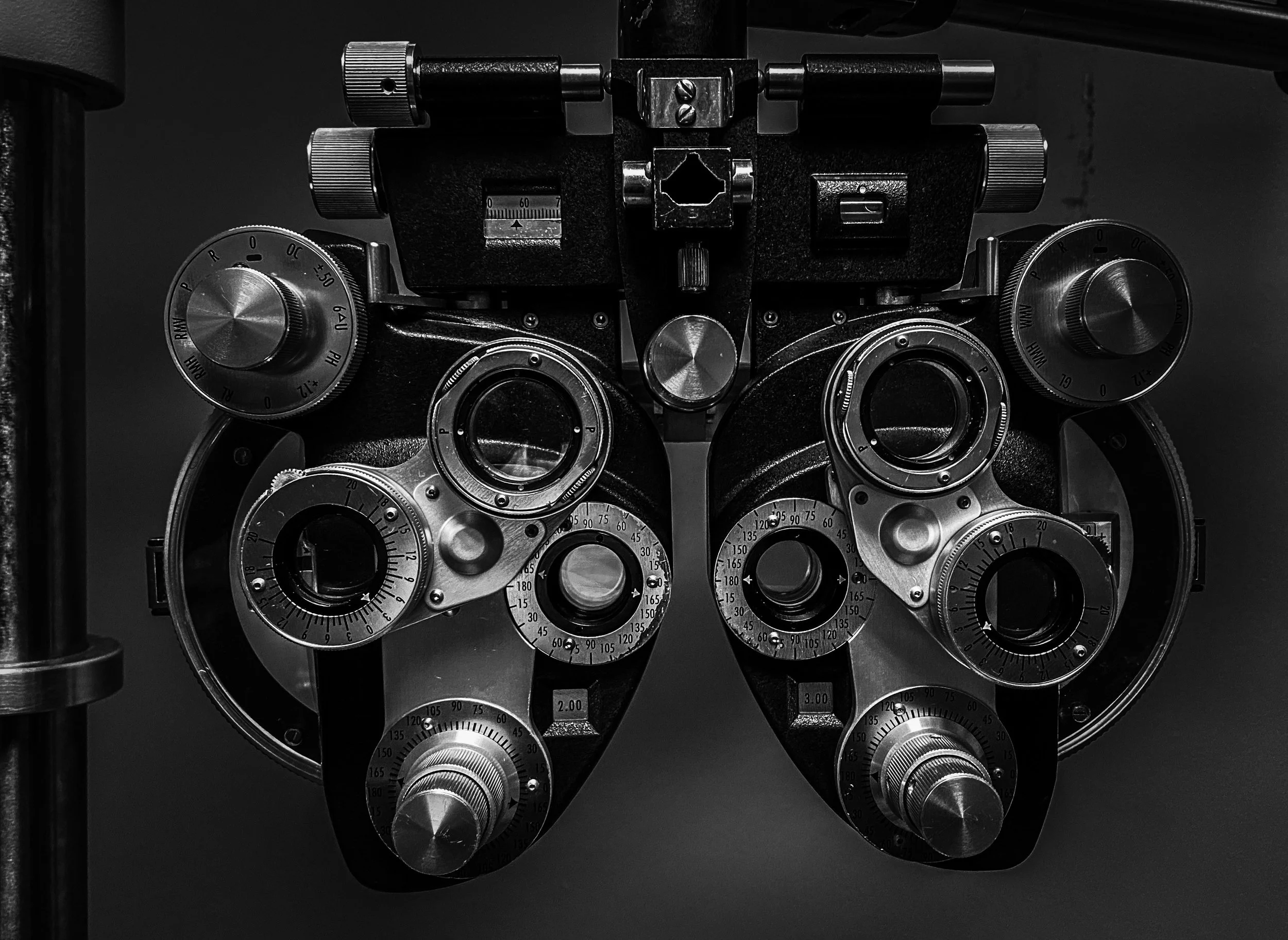Eye Exams
Signs that You May Need an Eye Exam:
There are many reasons to schedule an eye exam, but some common signs that it may be time to see your eye doctor include:
Holding items far away to view/ read
Difficulty in adjusting vision to dark rooms.
Double vision.
Dark spot(s) at the center of their vision.
Excess tearing or "watery eyes."
Difficulty focusing on close or distant objects.
Unusual sensitivity to light or glare.
Change in the color of the iris.
Eyelid irritation, such as red-rimmed, encrusted, or swollen lids.
Lines and straight edges appear wavy or distorted.
Dry eyes with itching or burning.
Seeing spots or ghost-like images.
If you are experiencing any of the symptoms above schedule your eye exam at Bay Eye Care Center today!
Children:
It’s extremely important for children to have routine eye exams, as poor eye health can impact learning and attention, and it is hard for children to recognize when their eyes may not be working to their full potential. Some tell-tale signs that your child may need an eye exam include: holding a book too close to their face, difficulty reading whiteboards in school, blurred vision, and closing/covering one eye in order to see.
If any of these behaviors or symptoms pertain to your child, schedule an eye exam today.
Preparing for Your Eye Exam
When you call to schedule your appointment at Bay Eye Care Center, be prepared to describe any current visual symptoms you may have. Prior to your appointment, patients should gather the following information to help answer questions the eye care professional may ask:
Symptoms of current eye problems (flashes of light, poor night vision, temporary double vision, loss of vision, etc.).
Prior eye injuries or surgeries (approximate dates, where treated).
Family history pertaining to visual health and diseases such as glaucoma, macular degeneration, cataracts, etc.
A list of any prescriptions and over-the-counter drugs currently being used.
Patients should also take the following items with them to their eye appointment:
Glasses, contact lenses or both.
A list of all Prescriptions and over-the-counter drugs currently being taken.
Medical or health insurance card.
Identification Card



